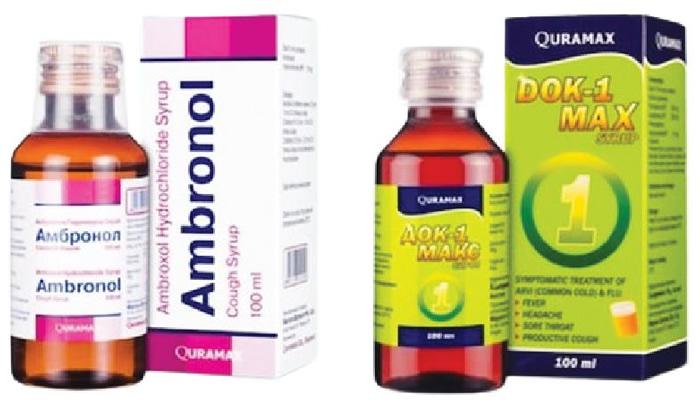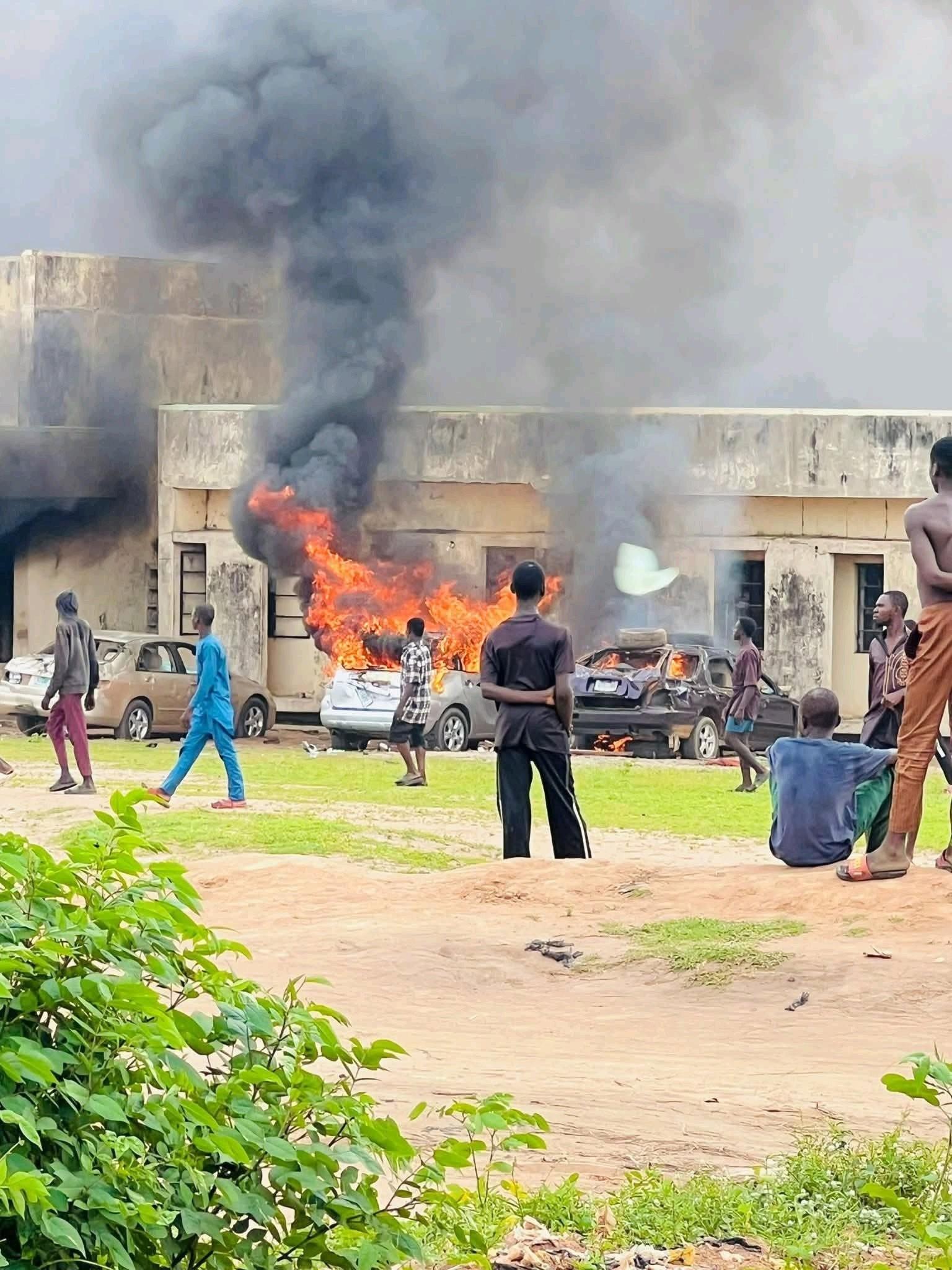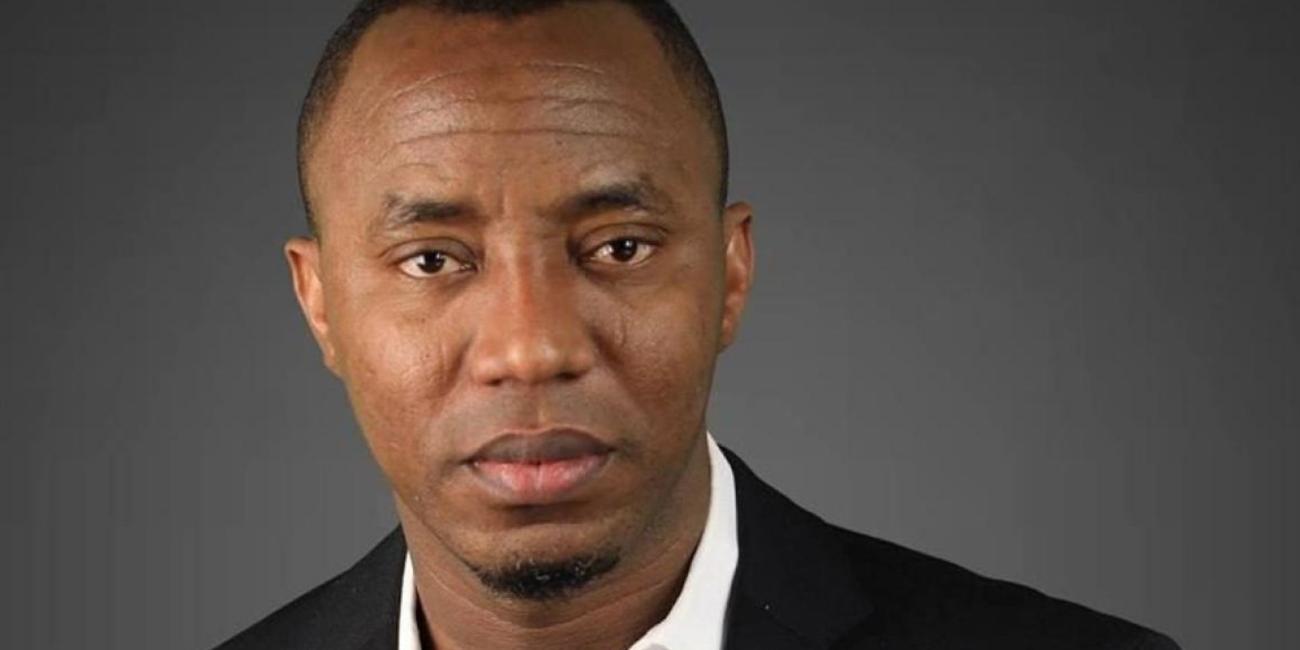Deadly Deception: How Counterfeit Medicines Are Silently Killing Nigerians

In pharmacies, clinics, and households across Nigeria, a silent killer is spreading—counterfeit drugs. Disguised as genuine medicine, these fake pharmaceuticals are endangering lives and undermining trust in the country’s healthcare system. Every year, thousands fall victim, often without ever realizing the true cause of their suffering.
One such victim is Mrs. Ore Oluwatobi, whose story sheds light on this growing crisis.
It began with a persistent headache—sharp, unrelenting, and impossible to ignore. At first, Ore chalked it up to the usual discomforts of early pregnancy. Doctors reassured her: nothing serious, just rest, hydration, and a simple painkiller.
“They told me to take paracetamol,” she recalled. “The doctor wrote it down and said I could get it from any pharmacy.”
Young, healthy, and in her first trimester, Ore was determined to do everything right. From her quiet home in Abule Egba, Lagos, she spoke with a calm resolve, the pain of her experience just beneath the surface.
“I didn’t want to take any risks. I wanted everything to go smoothly,” she said, the aroma of freshly cooked pepper soup and scent leaves lingering in the air around her.
She had originally shared her ordeal anonymously in a private social media group. A source who read her account connected her with our correspondent, and after a short phone call, Ore agreed to share her story in full.
She remembers the events of that November day in 2020 vividly. After taking the recommended tablet and drinking water, she laid down to rest. But the headache didn’t fade—it intensified. Soon, she noticed her nose becoming blocked, then, terrifyingly, her legs went numb. Moments later, she lost consciousness.
“I blacked out. When I woke up, I was in a hospital in Ikeja,” she said.
Doctors were puzzled until she showed them the packet of pills she had taken. Their expressions changed immediately.
“They asked where I got it. I told them my husband’s brother bought it from a patent shop nearby,” Ore said.
That seemingly harmless paracetamol turned out to be a counterfeit—its packaging unfamiliar and unregistered with Nigerian health authorities. It wasn’t just ineffective; it was dangerous.
Ore’s experience is far from isolated. Across Nigeria, fake drugs continue to circulate freely, preying on the vulnerable and eroding confidence in the medical system. The consequences are often fatal, yet the problem remains largely hidden, ignored, or misunderstood.
As the country grapples with this silent epidemic, stories like Ore’s remind us of the real cost—not just in health, but in trust, safety, and human lives.









